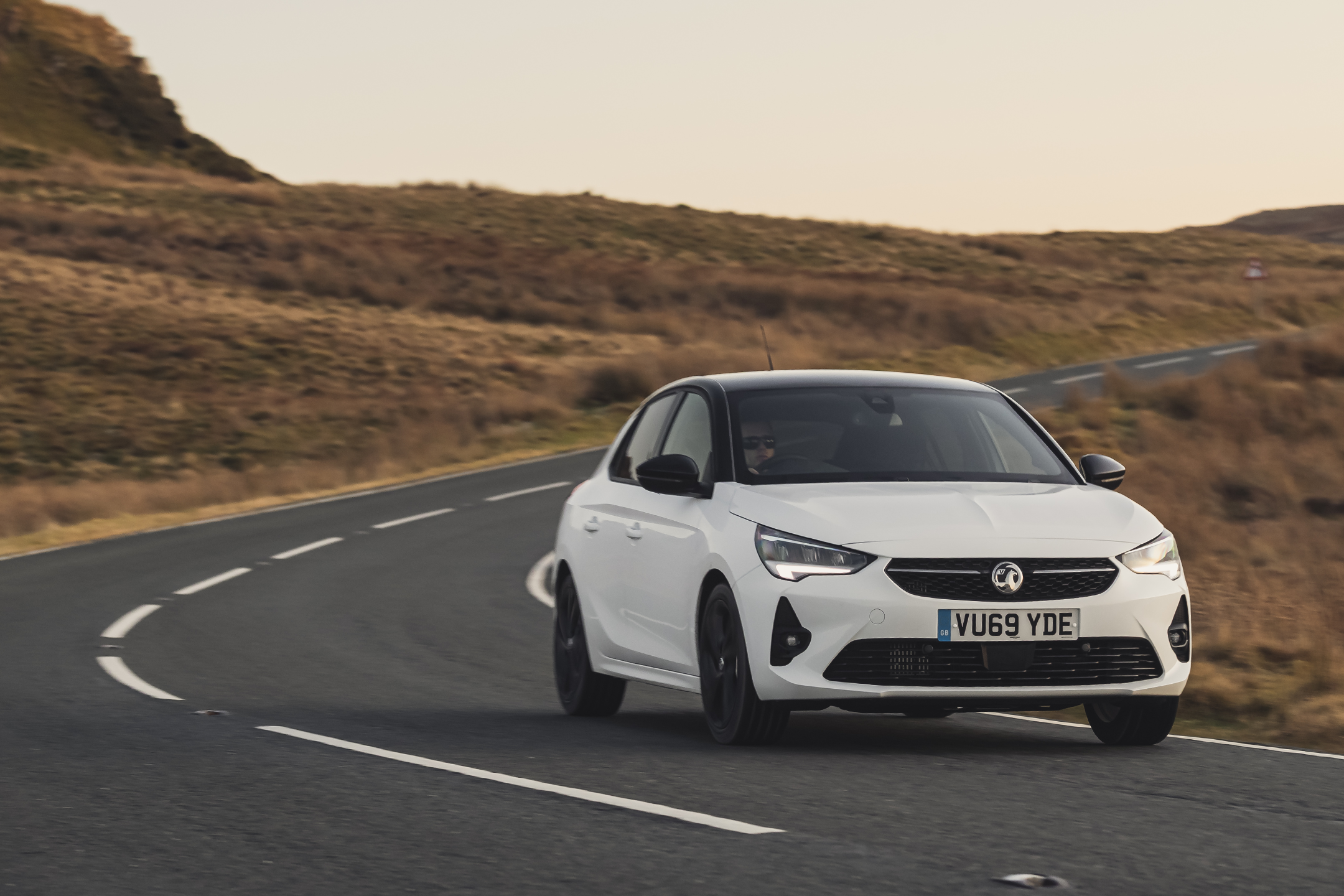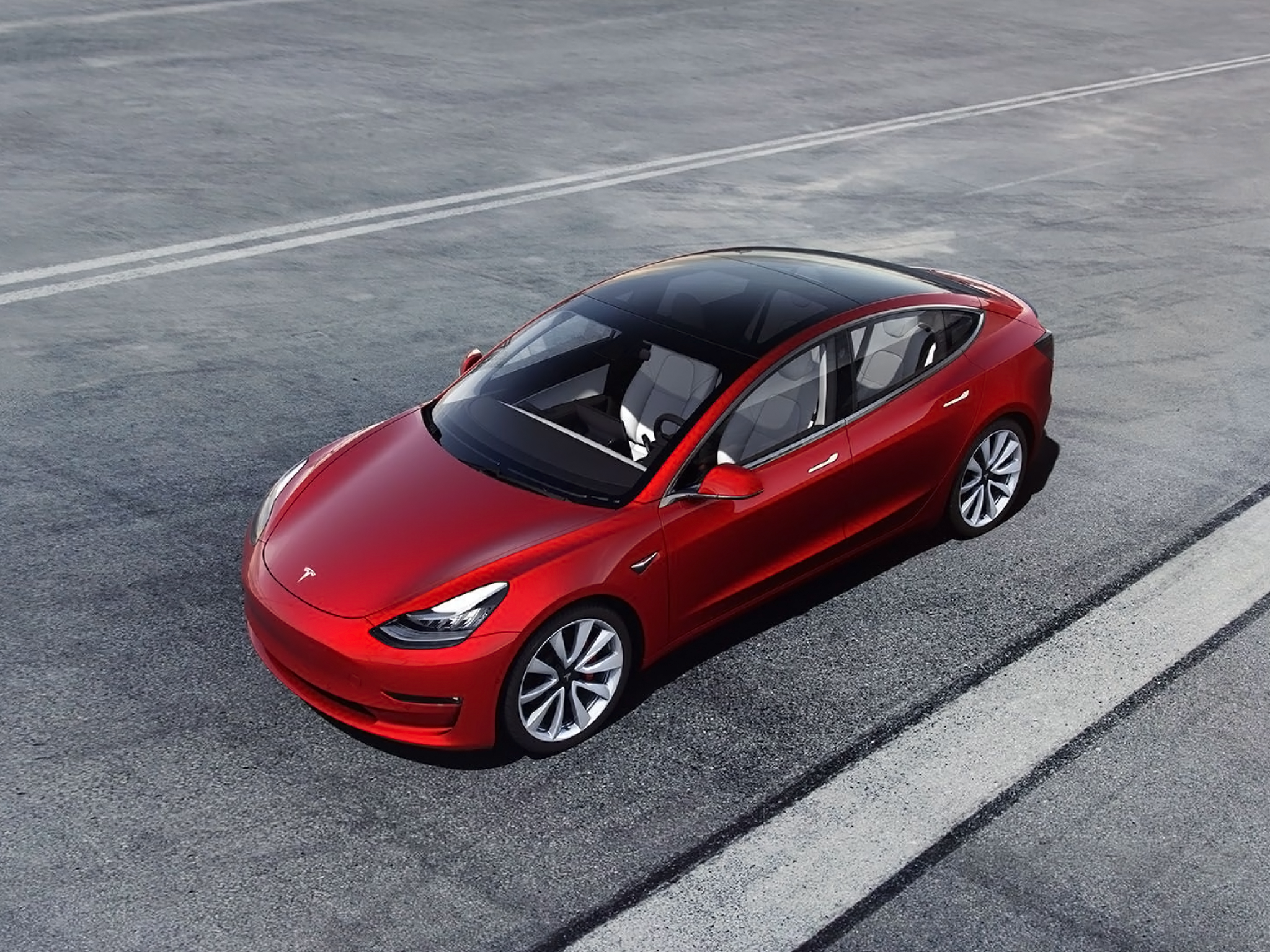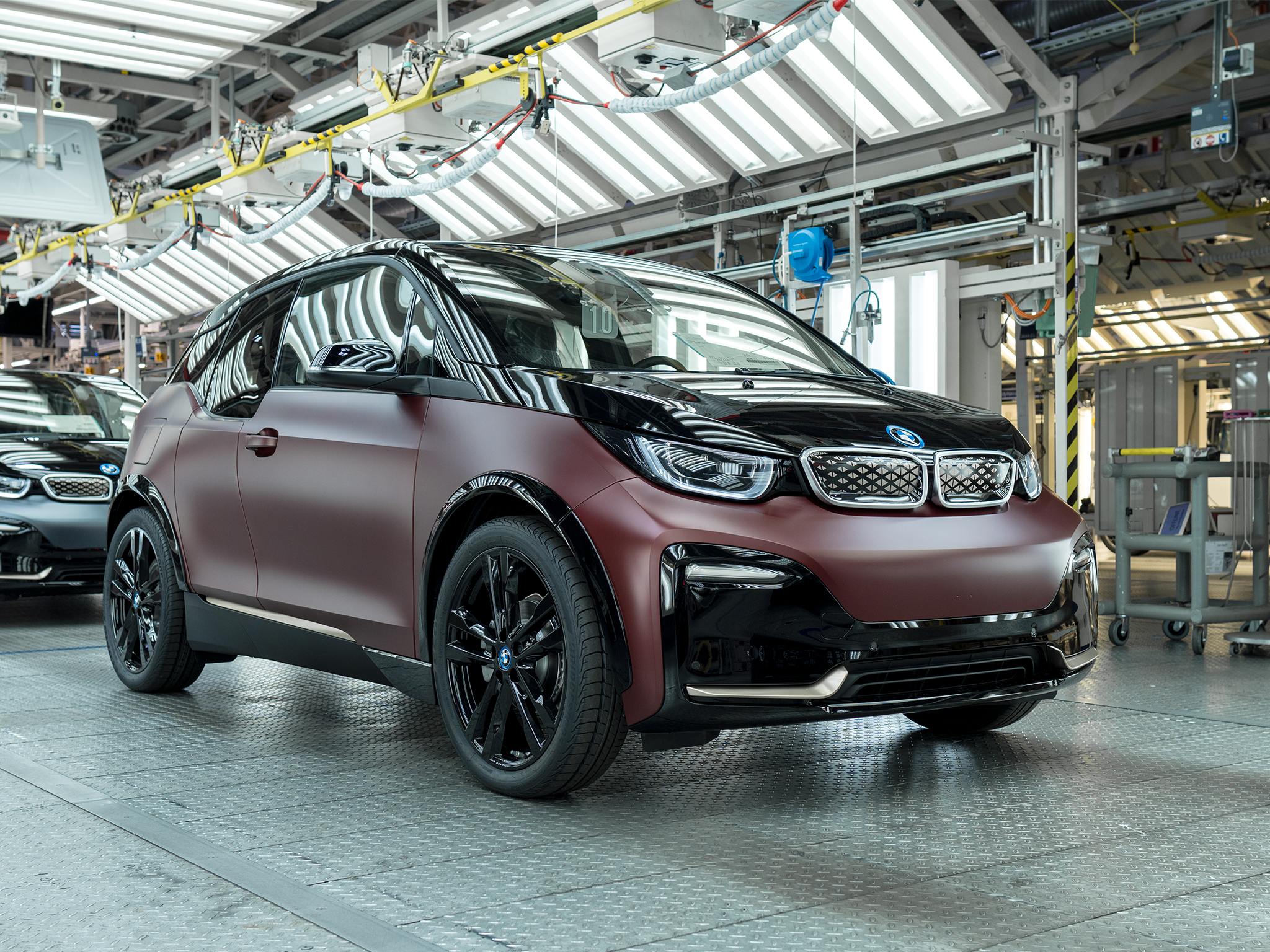Should I buy a used electric car? The pros and cons of second-hand EVs
As the electric vehicle market grows, more people are considering whether buying a used EV is a smart decision. Sales of new EVs may not be hitting government targets, but the used market is thriving, and better batteries and longer warranties mean they’re more appealing than ever. Steve Fowler asks: is now the time to buy a used EV?


Your support helps us to tell the story
From reproductive rights to climate change to Big Tech, The Independent is on the ground when the story is developing. Whether it's investigating the financials of Elon Musk's pro-Trump PAC or producing our latest documentary, 'The A Word', which shines a light on the American women fighting for reproductive rights, we know how important it is to parse out the facts from the messaging.
At such a critical moment in US history, we need reporters on the ground. Your donation allows us to keep sending journalists to speak to both sides of the story.
The Independent is trusted by Americans across the entire political spectrum. And unlike many other quality news outlets, we choose not to lock Americans out of our reporting and analysis with paywalls. We believe quality journalism should be available to everyone, paid for by those who can afford it.
Your support makes all the difference.Buying a used EV can offer several advantages. First, the savings are significant compared to purchasing a new model. You also get to enjoy the lower running costs that come with EV ownership – electricity is much cheaper than petrol, especially if you can charge at home on a smart tariff.
Matt Cleevely is the founder of Cleevely Electric Vehicles, one of the UK’s leading independent electric car specialists. He told us, “you can pick up a used electric vehicle for decent money now, and then you’ve got something that’ll be perfect as a second car within the family or a local runaround.
“If you’re brave enough, you can go further. The reduced cost to run and maintain EVs makes them an attractive option, especially when considering their increasing reliability.”
Pros and cons of used EVs?
Take a look at our guide to buying a used EV to see what the pros and cons are – they’re very similar to buying a new EV. Battery health is key, but in our experience EV batteries tend to hold on to more of their original capacity than you might expect. Then it’s about working out if an EV fits in with the distances you cover and where you can charge. Get it right and the saving on running costs can be huge.
A major concern for anyone looking into buying a used EV is the battery’s longevity. Many of us compare EV batteries to those in our mobile phones, which tend to lose charge capacity over time. However, EV batteries are a different story.
We recently drove a used Tesla Model S with 250,000 miles on the clock and nearly ten years of usage. The only major parts that had been replaced on the car were the tyres and the carpet mats. The battery is the key component to look out for in any used EV, as it’s physically destined to deteriorate over time. This Tesla still has an impressive 84 per cent of its original battery capacity, meaning the car can still cover around 250 miles on a single charge – enough to take care of most journeys, especially with the UK daily average distance people drive being around 25 miles.

Our high-mileage, second-hand Model S wasn’t a fluke, and it certainly isn’t unusual when it comes to EV batteries. Tesla’s official pre-owned (CPO) program provides reassurance by conducting a thorough 90-point check on each used car, including a battery inspection. According to Tesla, it’s not unusual to see less than 10 percent battery degradation in the first few years of ownership. Tesla – like many other car makers – also continues to support older models through software updates, ensuring that even a used Tesla remains current with the latest tech advancements.
Another common concern is range anxiety—the fear that your EV won’t have enough charge to reach its destination. This is becoming less of an issue as the UK’s charging infrastructure rapidly expands. One new public charger is installed in the UK every 25 minutes, making charging more accessible than ever.
Make sure the seller is knowledgeable about the car—where it’s been, where it’s come from, that it’s been serviced and looked after.
If you can charge at home, you’ll quickly realise it’s the most cost-effective way to keep your EV powered. On a smart energy tariff you can charge overnight between midnight and 7am for around 5-10p per kWh – that’s around a quarter of the normal cost. A used EV with a 50kWh battery would cost just £3.45 to charge – and could go over 150 miles on that energy. Doing the same distance on a petrol car could cost around £25.
Matt Cleevely encourages potential buyers to embrace the growing network of public chargers. “This idea that public charging infrastructure doesn’t exist is wrong. There’s plenty of infrastructure out there, you’ve just got to be brave enough to use it,” he said.
EVs are mechanically simpler than petrol or diesel cars, too, which makes them easier and cheaper to maintain. “Servicing is still important but the costs are a lot lower,” said Cleevely. “While it’s true that some EVs require software updates and checks on components like the battery, you’ll likely save on things like oil changes, brake repairs, and other maintenance common with combustion-engine vehicles.”
As with any used car purchase, it’s essential to do your homework. Cleevely recommends asking specific questions to ensure you’re making a good investment. “Make sure the seller is knowledgeable about the car—where it’s been, where it’s come from, that it’s been serviced and looked after. And get the battery state of health. There are multiple tools now to be able to read the state of health.”
As with all used cars, before committing to a purchase, check the MOT history online and conduct a full vehicle history report to confirm that the car hasn’t been stolen, written off, or has any outstanding finance. These checks are crucial in ensuring that you’re getting a reliable and well-maintained vehicle.

Also check out the seller. There will usually be plenty of reviews online to let you know what previous customers think about them. If you’re ever in any doubt about the car, or the person selling it to you, walk away. No matter how excited you are about buying your next car, there will always be another one you can fall in love with.
With savings on the purchase price, low running costs, and advancing battery technology, used EVs are excellent value for money. Provided you do your research and ensure the vehicle’s battery is in good health, buying a used EV is a smart and eco-friendly choice.
Cleevely says: “Confidence is growing in the market and, once people drive an electric car, they realise what a pleasure they are to drive.”
So should you buy a used EV? If you find the right car and seller, the answer is a resounding yes. We’ve even compiled a list of the best used electric cars you can buy right now to help.
Used EV FAQs
How much should I pay for a used EV?
Prices of used electric cars are low now, which is one of the reasons they’re so popular. Always check prices of similar cars on used car classified sites like Auto Trader, while there are plenty of used car valuation tools on all the major motoring websites.
Where can I buy a used EV?
You can buy a used electric car from exactly the same places you can buy any used car. Most car dealers will sell used electric cars and you can buy privately, too. If you want a bit more expertise, there are a few EV specialists with good reputations like Cleevely Motors in Cheltenham and EV Experts in Surrey.
What should I look for when buying second hand?
Our guide to buying a used EV will help, but the same rules apply when buying a used EV as any other car. History and condition are key, as is doing plenty of checks. A full service history will let you know that the car has been cared for, while a look on the government’s MoT check website will let you see the car’s MoT history.
Also consider a history check to make sure the car hasn’t been written off and repaired, and that there’s no outstanding finance on it. Any retailer selling an EV should be able to let you see the battery condition, too.




Join our commenting forum
Join thought-provoking conversations, follow other Independent readers and see their replies
Comments